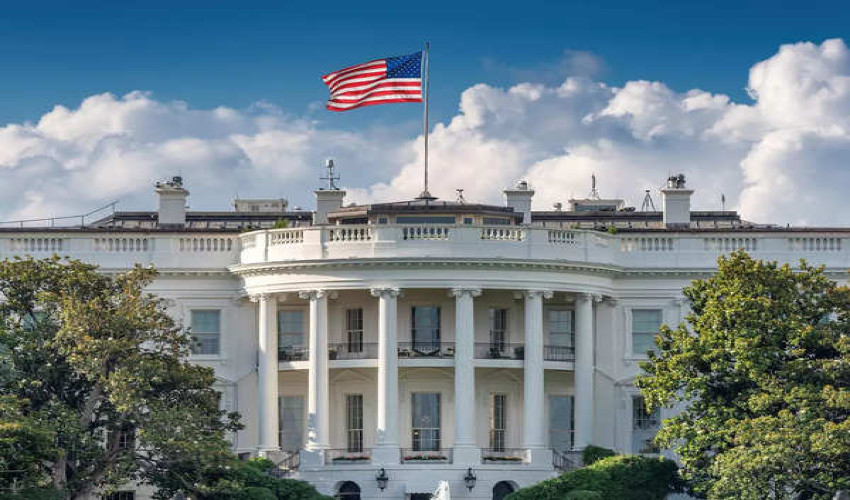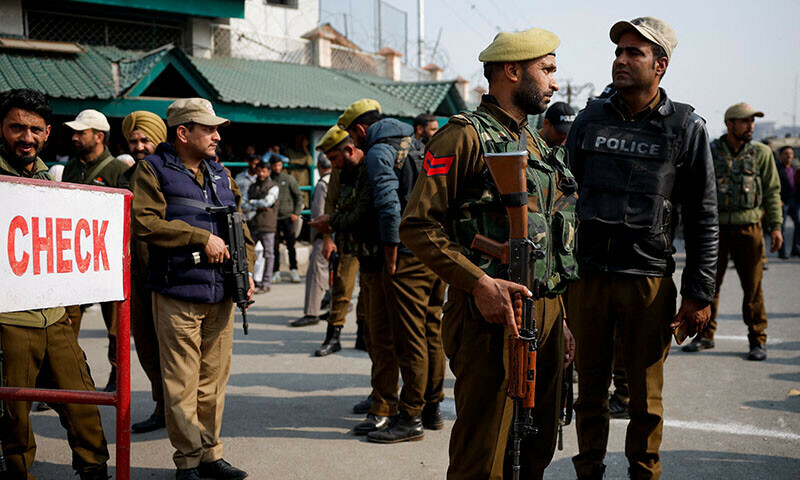WORLD NEWS

As the 2024 presidential election approaches, experts are cautioning voters and analysts alike that early vote returns in key battleground states may not provide a clear indication of the eventual winner. This uncertainty stems from state-specific vote counting rules and the complexities associated with mail-in ballots, which can lead to misleading early trends.
Reflecting on the 2020 election, analysts note the challenges posed by the "red mirage" and subsequent "blue shift." On election night in 2020, Donald Trump initially led in several crucial states, but as mail-in ballots—predominantly cast by Democratic voters—were counted, Joe Biden ultimately took the lead. This trend, while anticipated by experts, was leveraged by Trump and his supporters to propagate unfounded claims of election fraud.
Experts warn that a similar pattern could emerge in the 2024 election, particularly in swing states such as Pennsylvania, Michigan, and Wisconsin. In these states, early voting trends might show an initial lead for Trump, only for Biden or Harris to overtake him once mail-in ballots are fully counted.
Conversely, a “blue mirage” may appear in states like North Carolina and Georgia, where early counts could show Kamala Harris ahead, followed by a potential "red shift" favoring Trump as the remaining votes are tallied.
Trump's campaign has already indicated plans to declare victory once he believes he has secured 270 Electoral College votes, regardless of whether all ballots have been counted. Experts caution that such a premature declaration could be misleading, especially if a significant number of mail-in and early votes are yet to be processed.
The outcome of the election hinges largely on how and when states count early and absentee ballots. Since Democrats are more likely to reside in densely populated urban areas where vote counting often takes longer, this could skew early returns in their favor, complicating the interpretation of early results.
As election night unfolds, it will be crucial for voters, media, and analysts to approach early returns with caution, recognizing that these figures may not accurately reflect the final outcome of the election.




